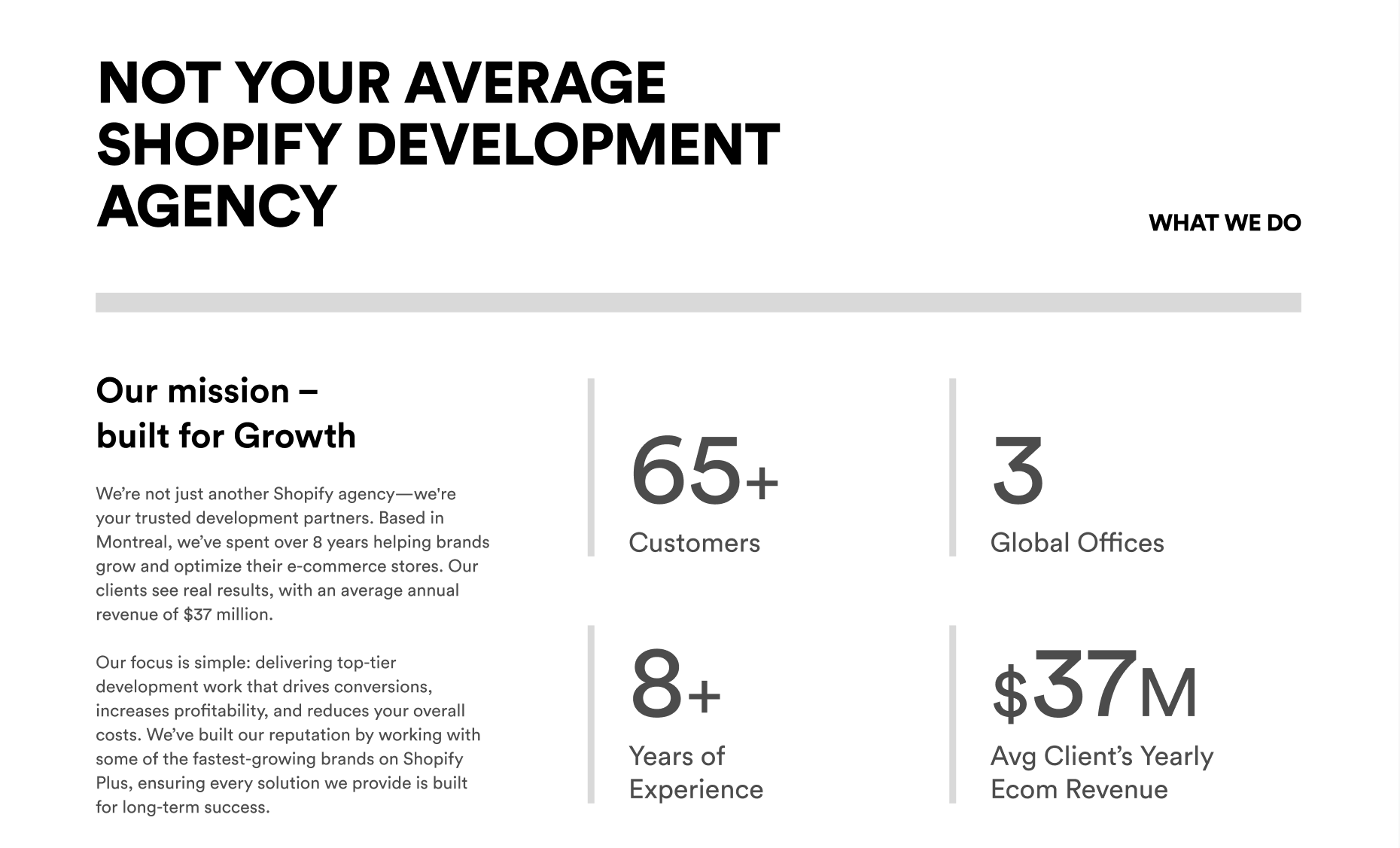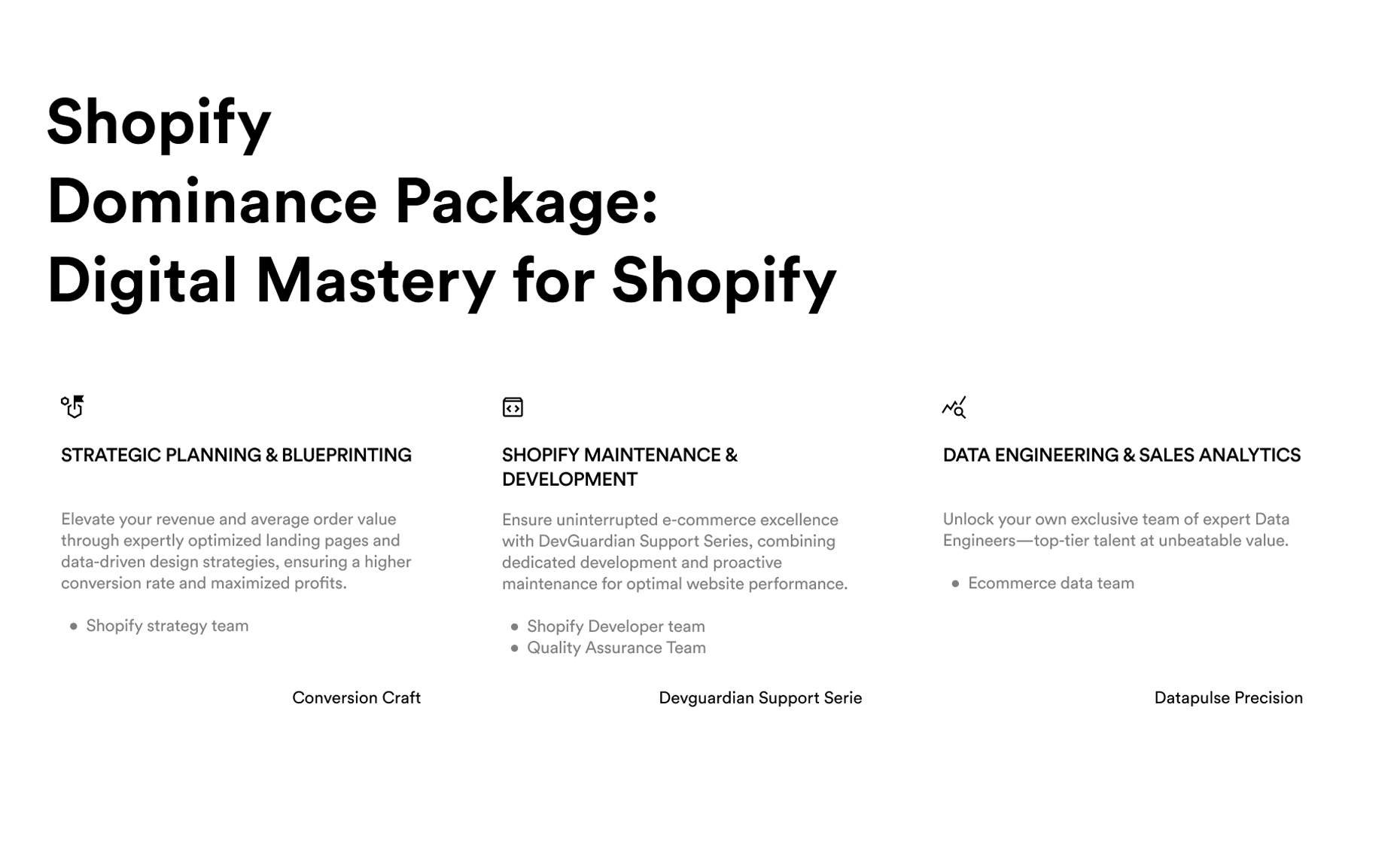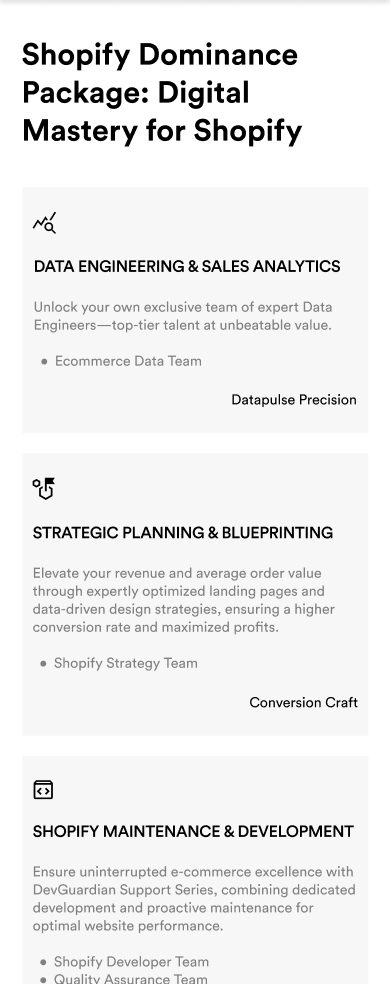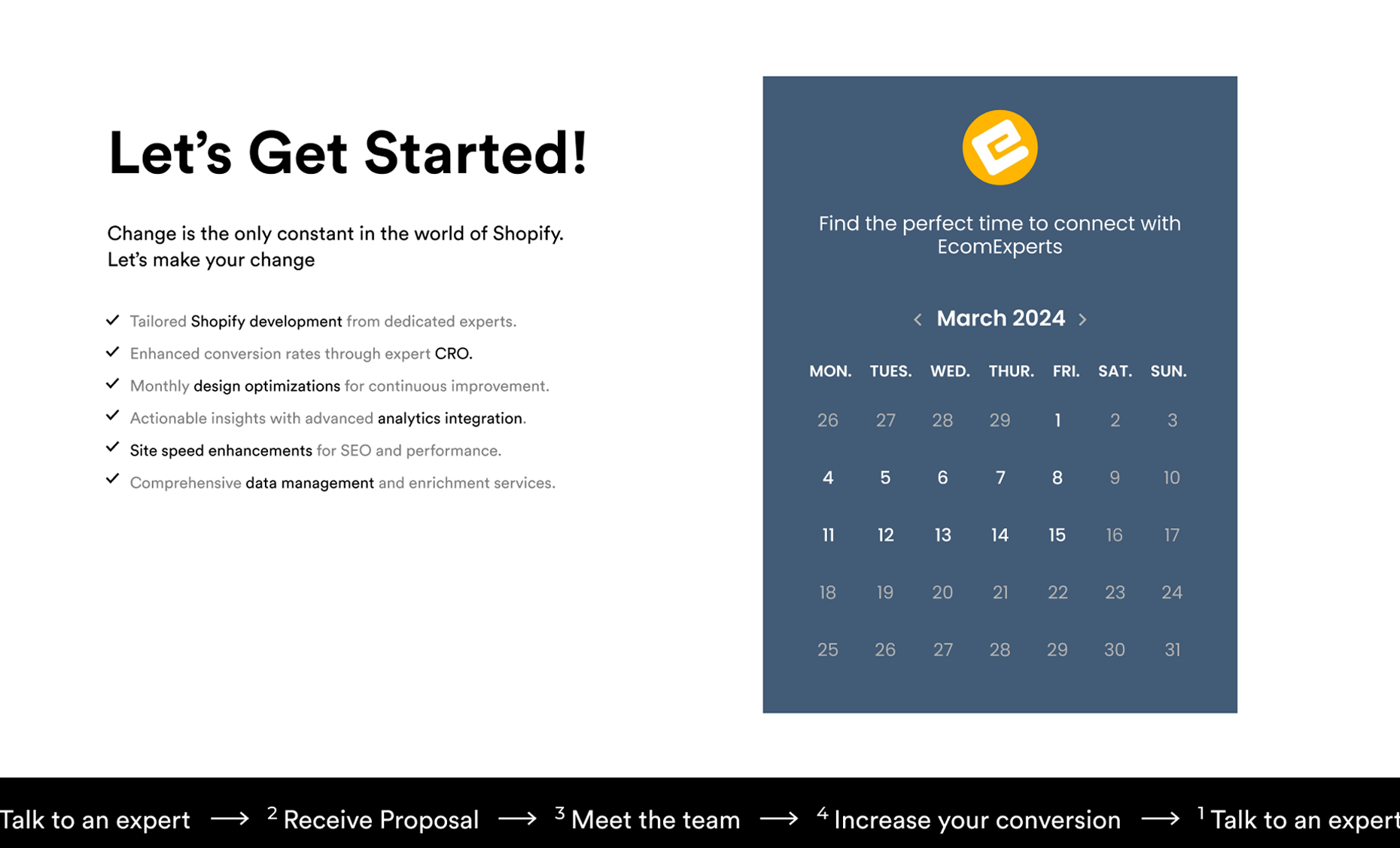Little seed farm has revolutionized the idea of farm to table. A family-owned business, Ellen and James Ray left the big city to rural Tennessee to pursue their dreams of owning their own farm.
They started organically rearing goats to provide a sustainable, humane product line of farm products. Little Seed Farm offers a range of goat milk soaps, organic sugar scrubs produced using eco-friendly processes and all-natural ingredients.
It’s no news that a website is your customer’s first contact with your business, and it needs to be well cared for. Hence, it became vital that they conduct regular checks on their stores to ensure it functions efficiently.
But every site needs maintenance, and it soon became time for Little Seed Farm to fix their site speed.
The Challenge
Little Seed was about to run a mid-year sale when they came to us.
Site crashes and poor site speed go hand-in-hand. This is usually because some codes must have gone wrong for your site to become slow, and those wrong codes can also cause a total crash of your site.
As they expected more visitors to their store during the sale, Little Seed Farm decided to leave nothing to chance by taking the first step to ensure their site could withstand the expected surge.
Optimizing their site speed!
Little Seed Farm had two demands:
- Properly optimize their store and remove any trash codes
- Remove any possibilities of a site crash during their sales
How Little Seed Farm Found EcomExperts
Little Seed Farm asked other Shopify merchants to find the right agency for their Shopify site speed optimization.
It didn’t take long for them to realize a majority of the responses were “EcomExperts.”
A quick Google search brought them to our website, where they found other case studies and testimonials on our speed optimization work.
Convinced, they reached out to us and got connected with Kath. Both parties fixed a meeting.
After the meeting, they gave the go-ahead on the project, and the dev team could now begin.
What We Did
As always, our team of developers first ran a speed test on the Little Seed Farm Shopify store.
A speed test tells us the current site speed score, which we can then compare with after results.
Our before speed test on Little Seed Farm revealed a speed score of 19.
Next it was time to look at the store’s waterfall to identify problems with the site speed.
Once we realized a bulk of the problem with the store’s codes and scripts, we knew what to do.
In our speed optimization, we make sure to use standard speed optimization techniques.
As always, we:
- Fixed core vitals audits and opportunities which reduce mobile and desktop scores.
- Removed unused/residual codes
- Cleaned up clutter on the store: unused templates, theme files, unused fonts and so on
- Restructured sections (sliders) where needed
- Applied lazy loading to prioritize and prioritize apps, JavaScript and CSS files
- Minimized JavaScript and CSS files
Once all of this was done, we could now move on to checking for bugs. Once the dev team was sure there were no bugs, the project was then passed to QI.
They ran another speed test on the Shopify store, which revealed a speed score of 85.
Once the QI gave the go-ahead, they sent the project on to the accounts team.
Final Word
Little Seed Farm was able to run its mid-year sale smoothly once they received their fully optimized store.
Are you a Shopify Plus store looking to get your site speed up just before Black Friday sale? You should give us a call!












